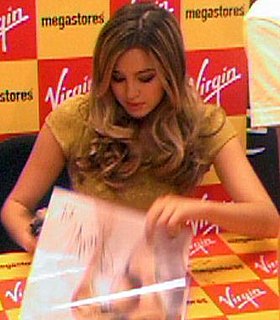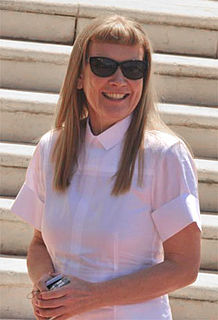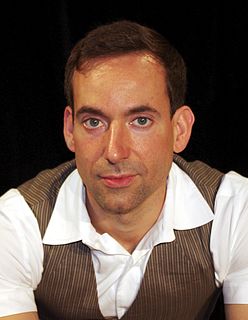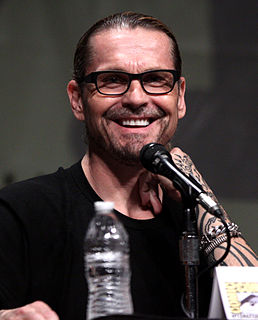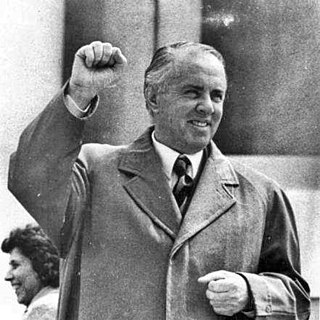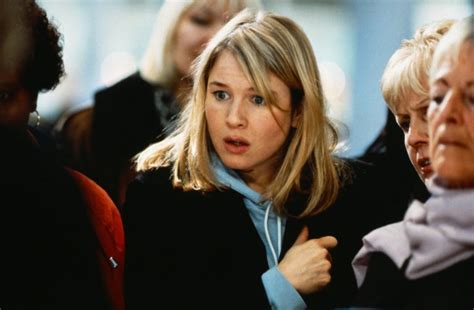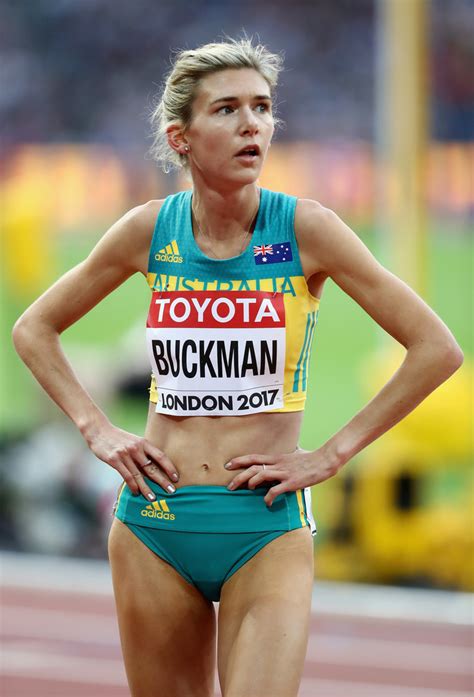A Quote by Hanna Rosin
I grew up in a working-class Israeli family, which was feminist only in its female-dominated structure.
Related Quotes
I grew up in a world where authority was female. I never thought to call myself a feminist because of branding. I had this skewed idea of feminist: I thought it meant being a woman who hates men. When I read Chimamanda Ngozi Adichie's We Should All Be Feminists, I was like, "Oh, this is what my mom taught me. This is simple. I don't understand why everybody is not this."






